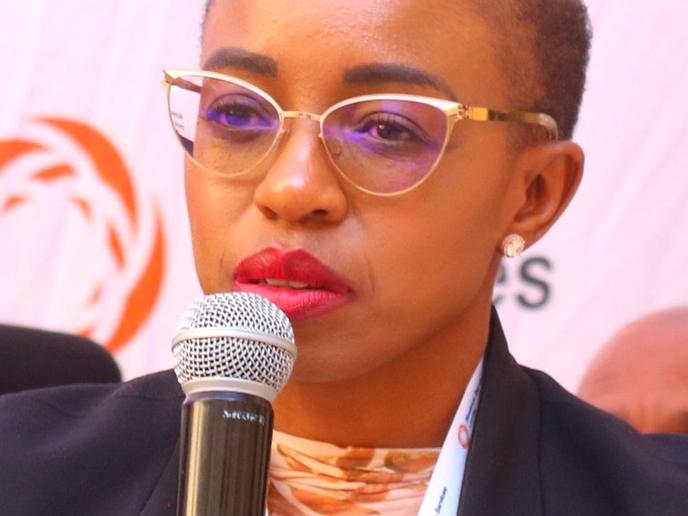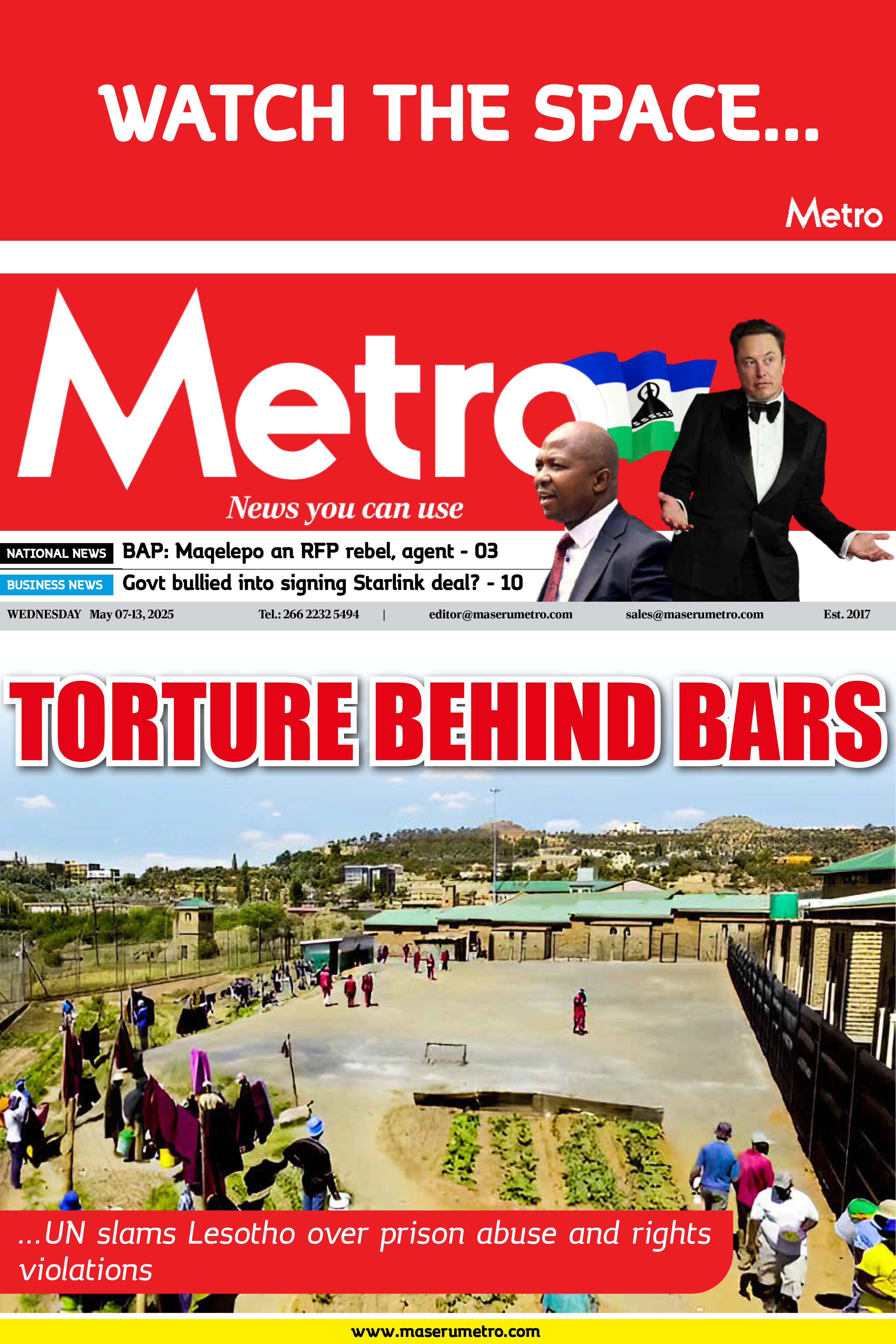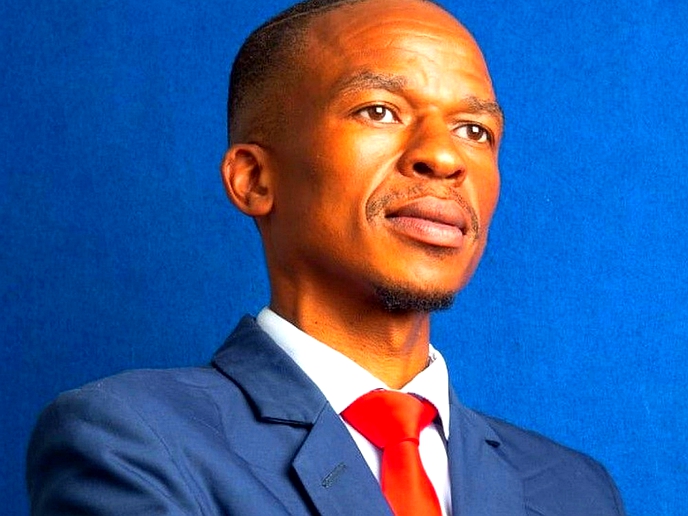LACK of economic diversity due to the COVID-19 pandemic could stifle the recovery in Lesotho and the entire Southern Africa region, according to the the African Development Bank (AfDB), a premier financial development institution of Africa dedicated to combating poverty and improving the lives of people on the continent.
business
Jan. 12, 2022
NEO SENOKO
2 min read
Economic recovery bearish

President of the African Development Bank Group, Akinwumi Adesina
Story highlights
Like elsewhere on the continent, the group says the pandemic will be a deciding factor in the country and the region’s economic fortunes.
“The magnitude of the socioeconomic impact of the COVIDovid-19 pandemic on countries in Southern Africa cannot be overemphasised,” the institution that is also engaged in the task of mobilising resources towards the economic and social progress of its Regional Member Countries said in its latest economic outlook report.
It further showed that the rising poverty, inequality and unemployment, were among other economic malaise that were destabilising the continent.
In its latest Monetary Policy Committee (MPC) report, the Central Bank of Lesotho (CBL), has echoed AfDB’s sentiments, stating that domestic economic recovery is dependent on the developments made on the rate of infections, COVID-19 containment measures and the rollout of vaccines.
For its part, the CBL said it was possible that spikes in infection rates could bode negatively for growth and general economic recovery in the short to medium term.
It said the third quarter of 2021 provided a clear picture in line with the projected economic outlook in the country going forward.
Domestic labour market conditions have shown mixed signals, where economic sectors monitored by the bank have exhibited poor performance.
This is primarily on account of the COVID-19 pandemic, which has disrupted business and subdued demand in Lesotho’s goods and services.
Assuming that the pandemic ended, or that successful vaccination programmes were implemented, the AfDB said southern Africa projected growth was estimated at 2.4 percent in 2022.
Enjoy our daily newsletter from today
Access exclusive newsletters, along with previews of new media releases.
But this recovery would be inadequate given the region’s estimated 6.3 percent contraction in 2020.
Slow growth in South Africa, the region’s largest economy has meant poor economic performance for other countries in the region, including Lesotho.
South Africa is Lesotho’s biggest trading partner.
COVID-19 has not only affected the real economy but has also caused governments to spend more to protect lives and jobs.
Ballooning expenditures and declining revenues have forced governments to run into debt financed by local and international borrowing.
Under the current economic climate, governments will have to grapple with long term external debts, depreciations in exchange rates, growing interest expenses and weaknesses in domestic revenue mobilisation.






